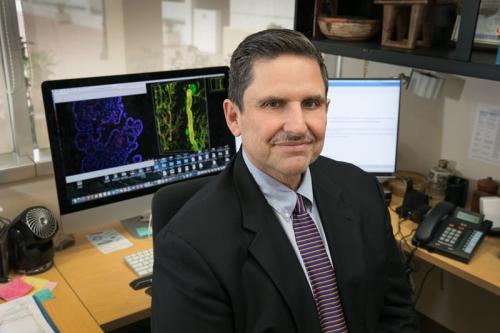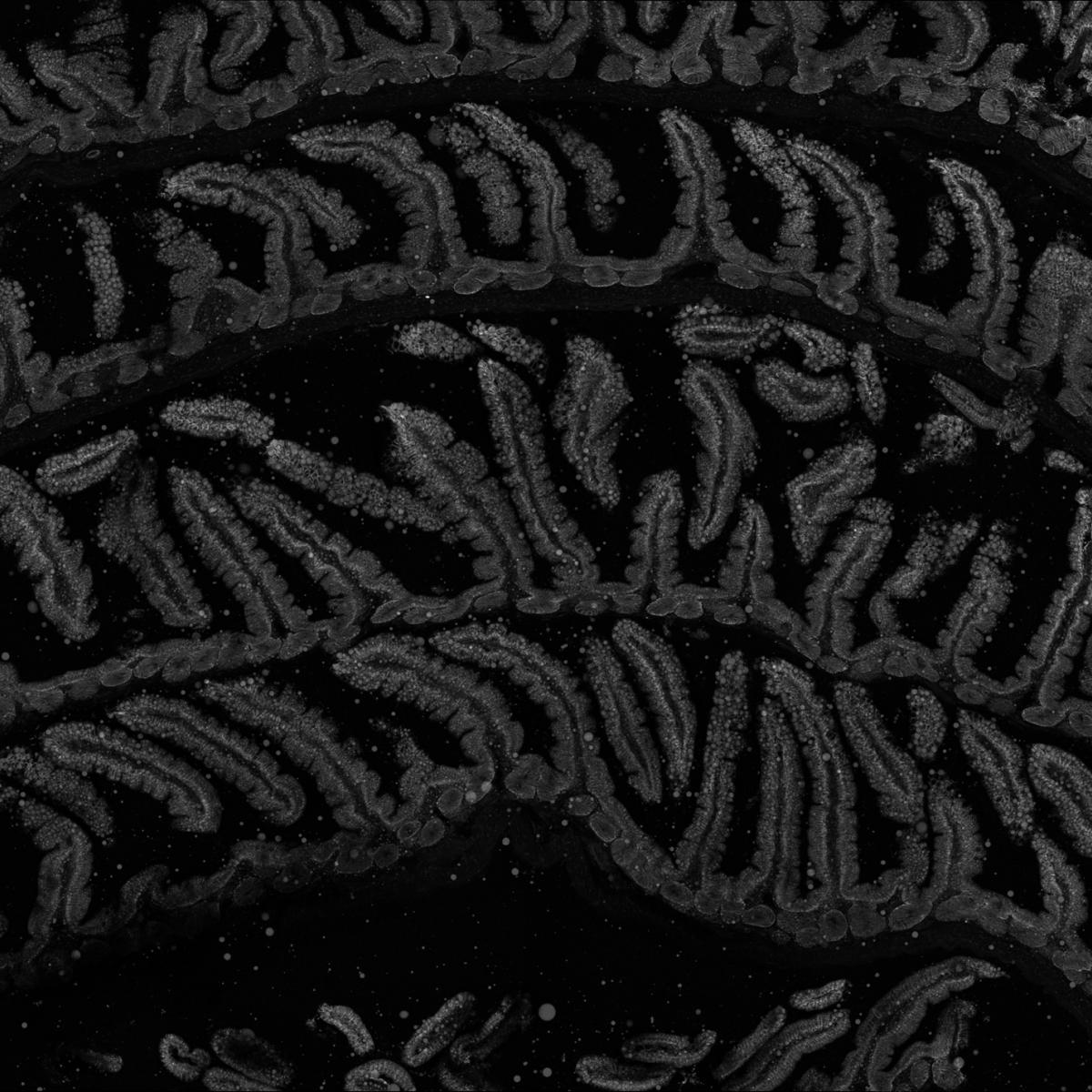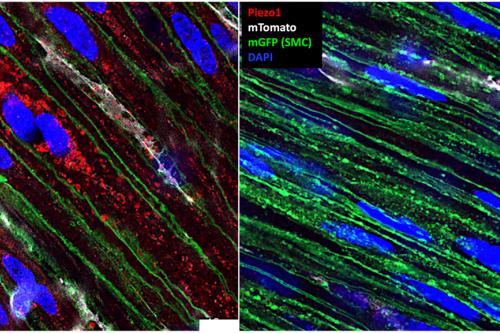
Martín G. Martín, M.D., M.P.P.
- Professor, Pediatric Gastroenterology
- Vice Chair, Academic Affairs, Pediatrics

Martín Martín, M.D., M.P.P., is a pediatric gastroenterologist who treats infants and children with gastrointestinal failure that results in the inability to absorb nutrients from foods and liquids. He studies the genetic mutations and mechanisms involved in severe pediatric gastrointestinal conditions with the goal of developing stem cell and gene editing therapies to treat them.
Martín is a physician-scientist who studies the molecular causes of various inherited disorders associated with intestinal failure in children. His initial research focused on investigating Na/glucose cotransporter gene mutations, which lead to glucose-galactose malabsorption. He discovered a new form of chronic congenital malabsorptive diarrheal disorder caused by mutations in a gene called NEUROG3, and found that mutations in the PCSK1 gene lead to generalized malabsorption. These findings suggested for the first time the importance of enteroendocrine cells in nutrient assimilation.
Martín seeks to overcome current challenges associated with treating intestinal conditions by developing cell-based therapies that use a patient’s own genetically modified cells to repair the intestine. Using induced pluripotent stem cells, he created intestinal organoids from the tissue of patients with intestinal conditions. These organoids can be used to study the nature of severe intestinal conditions, test gene therapy strategies that use CRISPR/Cas9 to correct mutations and screen drug candidates that may treat these conditions.
The most common forms of intestinal failure, which can lead to short bowel syndrome, or SBS, are often associated with various malformations and ischemia. These conditions are particularly prevalent among premature infants. The majority of the most severe forms require long-term parenteral nutritional support. Working with surgical colleagues who have developed methods to stretch intestines as a treatment for SBS, Martín is examining the role of the mechanosensitive channels Piezo1 and Piezo2 on the function of the epithelial and muscularis layers during homeostasis and stretch. Methods he is developing can also inform the treatment of more common digestive issues, such as diarrhea and constipation.
"For a long time, we had a poor understanding of the basis of the various disorders that resulted in intestinal failure. Now that we can pinpoint disease-causing genetic mutations, the onus is on us as physician-scientists to come up with real therapies using stem cell biology and gene editing approaches.”
- Professor, Pediatric Gastroenterology
Research Projects
- Leveraging intestinal organoids grown from patient-derived induced pluripotent stem cells iPS cells are cells taken from a patient that are reprogrammed so that they can undergo differentiation into any type of cell in the body. By maintaining the genetic code of the patient, iPS cells play a crucial role in disease modeling and regenerative medicine. induced pluripotent stem cells iPS cells are cells taken from a patient that are reprogrammed so that they can undergo differentiation into any type of cell in the body. By maintaining the genetic code of the patient, iPS cells play a crucial role in disease modeling and regenerative medicine. to identify the underlying causes of intestinal disorders and test potential treatments, including cell and gene therapies
- Identifying novel single-gene disorders that result in intestinal failure among children
- Pinpointing the molecular mechanism of malabsorptive diarrhea associated with abnormalities of the enteric endocrine system
- Examining the role of the mechanosensitive channels Piezo1 and Piezo2 on the function of the epithelial and muscularis layers during homeostasis and stretch
-
Fellowship
- Pediatrics/Gastroenterology, David Geffen School of Medicine at UCLA, 1992
Residency
- Pediatrics, UCLA Medical Center, Harbor, 1988
Internship
- Pediatrics, UCLA Medical Center, Harbor, 1986
Degree
- M.D., UCLA Medical Center, Harbor, 1985
-



